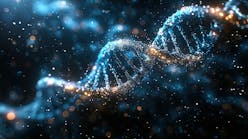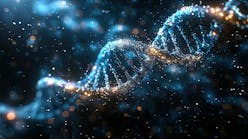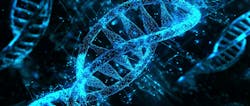Previous genetic association studies involving people with European ancestry may be inaccurate
Researchers have found that previous studies analyzing the genomes of people with European ancestry may have reported inaccurate results by not fully accounting for population structure. By considering mixed genetic lineages, researchers at the National Human Genome Research Institute (NHGRI), part of the National Institutes of Health, demonstrated that previously inferred links between a genomic variant that helps digest lactose and traits such as a person’s height and cholesterol level may not be valid.
The study, published in Nature Communications, shows that people with European ancestry, who were previously treated as a genetically homogenous group in large-scale genetic studies, have clear evidence of mixed genetic lineages, known as admixture. As such, the results from previous genome-wide association studies that do not account for admixture in their examinations of people with European ancestry should be re-evaluated.
To look at European genetic ancestry, the researchers collated data in published genetic association studies and generated a reference panel of genomic data that included 19,000 individuals of European ancestry across 79 populations in Europe and European Americans in the U.S., capturing ancestral diversity not seen in other large catalogs of human genomic variation.
As an example, the researchers investigated the lactase gene, which encodes a protein that helps digest lactose and is highly varied across Europe. Using the new reference panel, they analyzed how a genomic variant of the lactase gene is related to traits such as height, body mass index and low-density lipoprotein cholesterol, also known as “bad cholesterol.”
When the researchers considered the genetic admixture of the European population in their analysis, they found that the genomic variant that gives people the ability to digest lactose is not linked to height or level of low-density lipoprotein cholesterol. In contrast, the same variant does influence body mass index.





